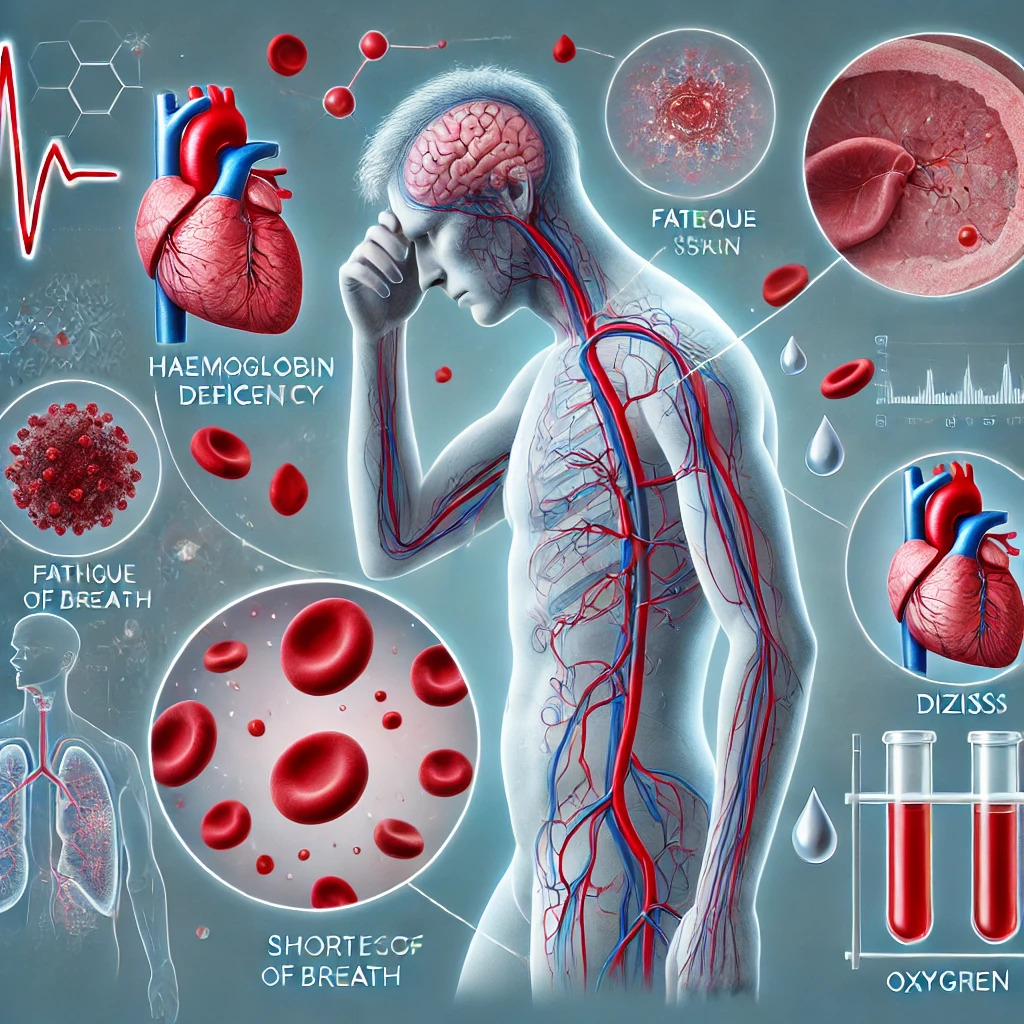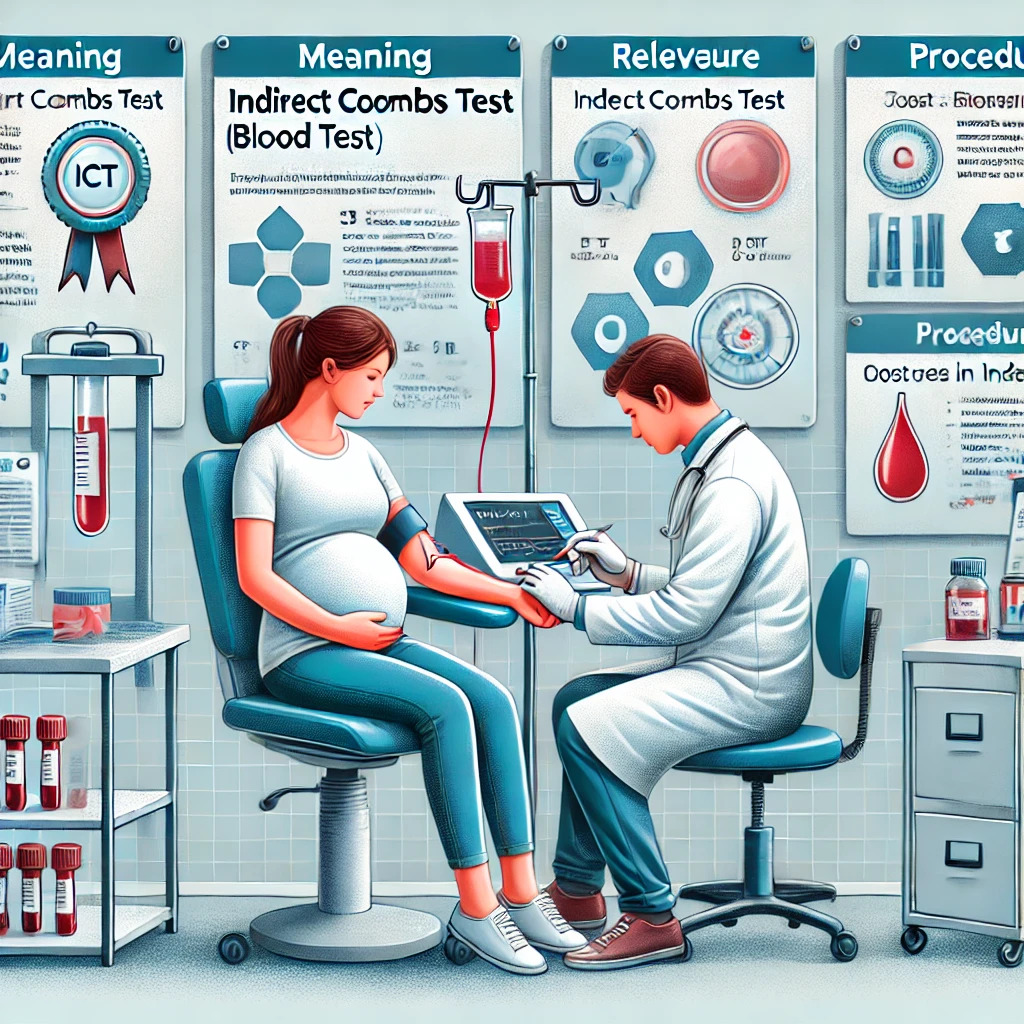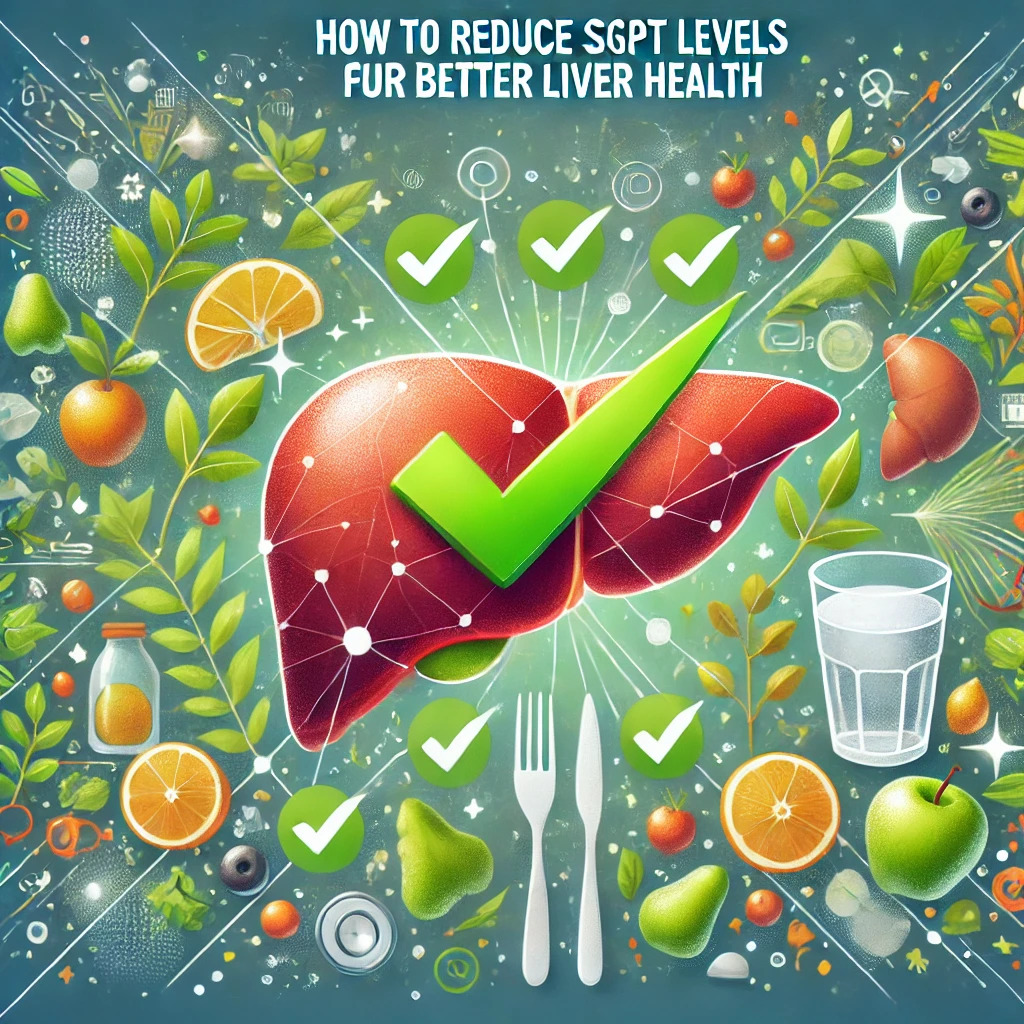Is High SGPT and SGOT Curable? Causes, Treatments, Prevention
.jpg)
With increasing cases of non-alcoholic fatty liver disease and the prevalence of alcoholic fatty liver disease, it has become more common to find increased levels of SGOT and SGPT in lab findings. SGPT(serum glutamic pyruvic transaminase) and SGOT (serum glutamic oxaloacetic transaminase) are two important liver enzymes that can elevate temporarily due to acute conditions or may be elevated for longer periods due to chronic conditions like liver disease. SGOT can also rise due to conditions unrelated to the liver.
This blog delves deep into the causes of high liver enzymes, whether high SGOT and SGPT are curable, and what preventive measures can be taken to protect your liver.
Overview
Curable is a ubiquitous term for medical conditions like elevated liver enzymes. ‘Curable’ is a term that can vary for elevated liver enzymes based on the underlying cause. Many conditions that increase these liver enzymes may be treatable or effectively managed; in such cases, high SGOT and SGPT may be curable. When both of these enzymes rise, it means there is some chronic issue with the liver. When the underlying cause is manageable or curable, your liver can heal and function normally.
Let us explore the location and function of these enzymes, the causes of their elevation, and how the underlying conditions can be managed and prevented.
Understanding SGPT and SGOT
To begin with our understanding of SGOT and SGPT, you need to know that these are liver enzymes. Enzymes are tiny molecules in the human body that speed up countless chemical reactions. Without these enzymes, some reactions would not happen, some would be slower, and this would impact bodily functions. Enzymes for each reaction are highly specific.
Coming back to SGOT and SGPT, these are transaminases which means they transfer an amino group from one molecule to another molecule. Amino acids are the building blocks for proteins and proteins are important for most functions in our bodies.
SGPT is mainly found in the liver and plays an important role in a reaction for energy production and synthesis of new amino acids primarily in the liver. SGOT is found in the liver as well as the heart, muscles, and kidneys. This enzyme also plays a role in cellular energy production and amino acid metabolism in all these tissues. It is important to have normal levels of both SGOT and SGPT. We will find out how these enzymes elevate and if high levels of SGOT and SGPT can be cured.
If the liver suffers damage, then SGPT alone or both SGOT and SGPT can elevate. When only SGOT is elevated, it may be due to inflammation or injury in other tissues where it is present. In the case of the liver, these enzymes leak out of the inflamed or injured cells entering the bloodstream, which can raise their levels. These two enzymes can indicate liver problems but do not measure liver function directly.
Liver function tests, which also include other parameters along with these two enzymes, are a sensitive way of looking for liver strain or liver damage. Early detection of their increased levels can help find what is wrong which can help to maintain optimal liver health. These tests can also be used for monitoring pre-existing cases of liver disease, liver inflammation, or injury.
Causes of Elevated SGPT and SGOT Levels
The liver is the largest internal organ which is wedge-shaped and is found on the right side under the diaphragm. When it is swollen due to inflammation or its size increases due to fat deposition, it can swell out from under the ribs. A doctor can palpate your abdomen and feel an enlarged liver.
The liver is involved in so many processes involving the production and breakdown of substances like hormones, fats, proteins, carbohydrates, etc. It also works to metabolize drugs, remove toxins, produce bile, and store some substances.
The liver can become inflamed, there may be a build-up of fat in the liver, toxins may damage it, it may be overstrained, a gallstone may be blocking bile flow, and there may be an infection, trauma or some other disease. This can cause the Liver Function Tests to be abnormal.
SGOT and SGPT levels may be high in such cases. In many cases, a slight increase in a single parameter may not be due to any cause. But any slight abnormality should also be discussed with the doctor. Sometimes, there may be some underlying liver problem with normal liver function tests.
Also Read: - Top 10 Best Medicines for High SGPT and SGOT
Levels of SGOT and SGPT may be mildly high due to:
- Non-alcoholic fatty disease
- Chronic hepatitis C infection
- Celiac disease
- Haemochromatosis
- Autoimmune hepatitis
A marked increase in SGOT and SGPT levels may be seen in:
- Acute alcoholic hepatitis
- Viral infections like Hepatitis A, B, and C
- Autoimmune hepatitis
- Chronic hepatitis
- Liver cirrhosis
- Extremely high levels may be suggestive of ischemic liver damage, damage due to toxins, or drug-induced liver damage
- Serious illnesses may also cause extreme elevations
Is High SGPT And SGOT Curable
Whether high levels of these liver enzymes are curable or not depends on the underlying cause:
- High SGPT and SGOT are curable in the case of hepatitis A because they can be cured completely if treated on time. Viral infections like Hepatitis B and C require long-term management to minimize damage to the liver.
- In the case of Non-alcoholic fatty liver disease, changes to the lifestyle, like losing excess weight, becoming physically active, and eating a healthy diet, can reverse the disease in its early stages. If it has progressed, then long-term management can prevent complications.
- Suppose damage due to alcohol abuse is not severe. In that case, the liver’s remarkable healing properties can repair itself if one abstains completely. When the liver heals, SGOT and SGPT will return to normal levels.
- Autoimmune diseases, not curable in most cases, can be managed with medicines effectively. The new treatment protocols can prevent liver damage and progression of disease in a large number of cases.
- Suppose a medication is a causative agent for elevated liver enzymes. In that case, the dosage may be changed, or the medicine may be changed. In most cases, these injuries are self-limiting, and healing takes place once the culprit medicine is stopped.
Also Read: - Difference Between SGPT and SGOT
Management Strategies
Suppose you already know that you have high SGOT and SGPT. In that case, these strategies help promote liver health and your overall well-being.
Here are some management strategies to lower high SGOT and SGPT levels:
- Lifestyle modifications: these are at the core of improving liver health, protecting your liver, and enjoying a better quality of life. These strategies also help in preventing other lifestyle diseases. It would help if you adopted a diet that focuses on whole foods like fresh fruits, vegetables, and whole grains; moderate quantities of healthy fats from nuts, seeds, and some varieties of fish; lean proteins; and including more varieties to get phytonutrients. Limiting processed foods, limiting excessive consumption of carbohydrates, avoiding sugar, and avoiding trans fats and fried foods is important. It is also important to focus on the quality and timing of sleep as well as exercising while ensuring it is safe for your health status and age can be extremely helpful to avoid all types of metabolic disorders and lifestyle-related liver problems.
- You need to avoid certain substances which are toxic to the liver. Alcohol is bad because byproducts of its metabolism can harm your liver, so you need to avoid it. Tobacco-based products should be avoided as these too harm the liver and other organs. Recreational drugs and anabolic steroids can also cause damage to the liver and should be avoided. Exposure to certain industrial chemicals can also harm the liver, which is why you must tell your doctor about where you work and if you have had any exposure to the toxins. There are steps you can take to minimize your exposure. Do not consume wild plants and mushrooms without complete information, as some varieties are toxic.
- Medications can be prescribed to treat underlying causes of high SGOT and SGPT. Autoimmune disease can be managed with steroids and other immunosuppressants. Antiviral drugs can treat a viral infection. Some vitamins and supplements may be given to protect the liver in case of fatty liver while you address lifestyle issues. Bile flow obstruction due to gallstones can be corrected by surgically removing the gallbladder or with other measures.
- A liver transplant might be necessary if there is extensive liver damage already. It is a complex procedure but can have successful outcomes.
You need to understand that the liver is one of the most important organs in our bodies, and it performs multiple functions at once. Treating liver issues may be possible, and curing high SGOT and SGPT may also be possible in some cases but not in all cases. In those cases, it can only be managed. This is why it is important to take a proactive approach to prevent liver damage, injury, or inflammation.
Preventive Measures
- Practice healthy habits like those already mentioned in management strategies. Healthy habits of eating a well-balanced diet with phytonutrients, lean proteins, healthy fats, and whole foods, along with engaging in regular physical activity, do not just help to reverse liver problems but can prevent these problems in the first place.
- To prevent liver inflammation and damage, it is always important to avoid or limit alcohol, quit smoking and other tobacco products, never take recreational drugs, and completely say no to anabolic steroids unless given for a medical reason by a qualified doctor.
- It is a smart thing to get yourself vaccinated against hepatitis A and B. The benefits of these vaccines extend to most people. Still, they may be specially recommended for adults at certain ages and children.
- Foraging food in the wild without proper knowledge can expose you to toxins. Some household cleaners may also be toxic to the liver. Some industrial chemicals are also toxic if safety protocols are not followed. Being aware of these toxins and preventing exposure can be helpful to protect the liver from any damage or strain.
- Self-medication should be avoided as some medicines and supplements may lead to elevated liver enzymes. Certain prescribed medicines can also raise liver enzymes, which is why the doctors advise regular liver function tests and periodic ultrasound scans. Get your tests and discuss changes in medicine with your doctor if your liver shows changes or enzymes are elevated.
- Manage underlying conditions and never skip your checkups. Doctors can often understand your symptoms and find out by palpating your abdomen if there is some ongoing issue with the liver or other organs. Managing chronic conditions with medicines and lifestyle changes advised by your doctor can help you live a good quality life with optimal liver function.
Medical Advice
If you are concerned about curing high SGOT and SGPT levels or you have abnormal liver function tests, you must consult a doctor. A doctor can diagnose the underlying cause of abnormal SGOT and SGPT levels. Early intervention can be provided to prevent any damage to the liver. Even where the underlying cause is not curable, most causes are manageable with treatment and lifestyle changes helping one maintain a good quality of life.
Conclusion
Elevated levels of both SGOT and SGPT indicate potential liver problems or issues. Curing high SGOT and SGPT is possible in most cases. Still, even when this is not possible, effective management strategies and preventive measures can help prevent liver damage, help liver health if there is some damage, and function optimally. Never hesitate to seek professional medical help when you have any signs and symptoms related to liver health.
Make O-Lab in Jammu your trusted partner for all the blood tests for the best experience and most economical prices. You can book an appointment for home collection as well. You can get Liver Function Tests, and your doctor may also advise platelet count, test for viral hepatitis, copper levels, tests for suspected autoimmune disease, and other blood tests to find the underlying cause. Reach out for queries and appointments.





